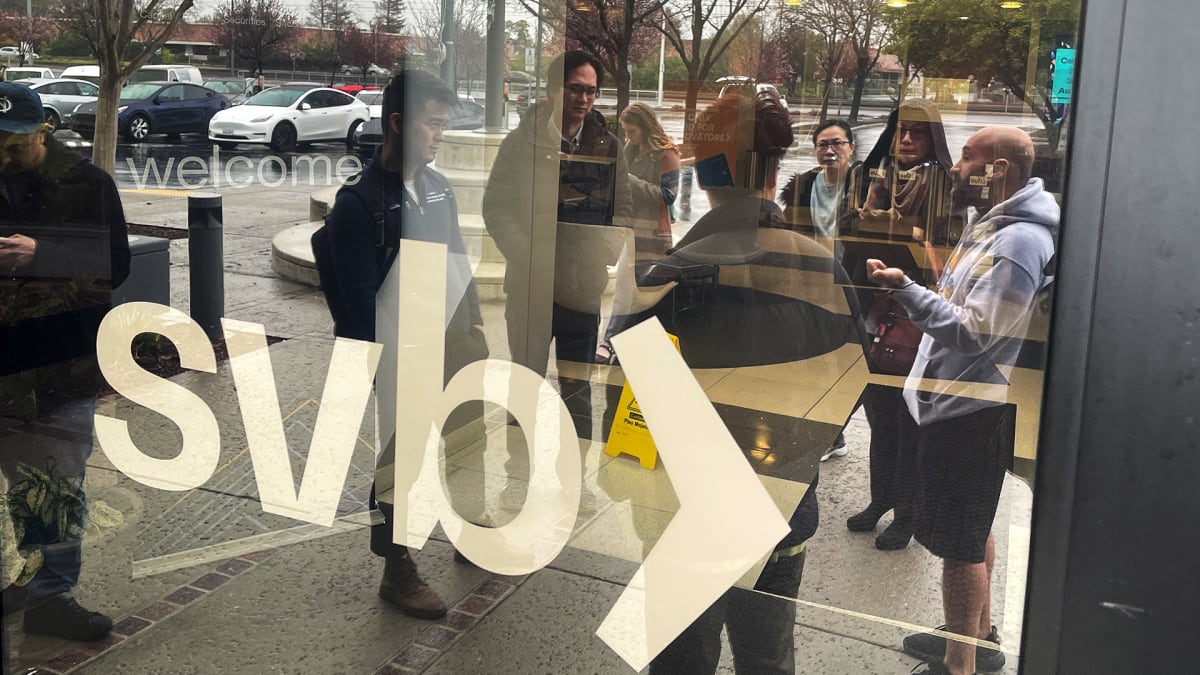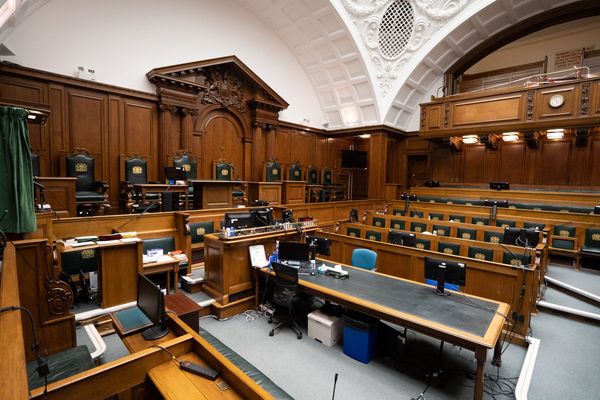
First Citizens BancShares (FCNCA) late Sunday agreed to buy failed lender Silicon Valley Bank, a deal that could support regional lenders and shore up confidence in the country's broader financial system.
The First Citizens Bank & Trust subsidiary will assume around $56 billion in Silicon Valley Bank deposits and take on the tech-startup lender's $72 billion loan book at a discount of around $165 billion.
The group said it would also receive an additional line of credit from the Federal Deposit Insurance Corp. for what it called "contingent liquidity purposes."
In a nod to the purchase of Signature Bank by New York Community Bancorp (NYCB) last week, First Citizens agreed to offer $500 million in equity enhancement to the FDIC, which will ultimately take a hit of around $20 billion from its intervention in Silicon Valley Bank earlier this month.
"We look forward to building relationships with our new customers and positioning our company for continued success as we affirm our commitment to support the integrity of our nation's banking system," said First Citizens CEO Frank Holding. "We are committed to building on and preserving the strong relationships that legacy SVB's Global Fund Banking business has with private equity and venture capital firms."
First Citizens shares were marked 47.6% higher in early Monday trading to change hands at $860 each, extending their year-to-date gain to around 15%.
The purchase provided some support for regional bank shares in premarket trading, as well, following data late Friday showing deposits at smaller lenders fell the most on record in the wake of SVB Financial's collapse on March 10.
Bloomberg also reported that U.S. officials are exploring ways in which the Federal Reserve could expand its emergency lending facility to regional banks, to buy more time for struggling lenders, and First Republic in particular, to shore up their balance sheets.
Some Bank Deposits Redirected to Larger Banks
Deposits at smaller U.S. banks, defined as those sitting outside the top 25 in terms of asset size, fell by $119 billion to $5.46 trillion over the seven-day period that ended on March 15, according to Fed data.
Some of that flight found its way into larger banks, however, with the data showing deposits at larger institutions rose $67 billion to $10.74 trillion.
While not evident from the Fed data, much of the cash that is leaving smaller banks could also be finding its way into money-market funds, according to Bank of America's closely tracked 'Flow Show' report. That report suggested an addition of more than $300 billion over the past month, taking the overall tally to a record $5.1 trillion.
First Republic (FRC) shares were marked 15.4% higher in early trading at $14.20 each. PacWest (PACW) shares jumped 3.6% to $9.89 each while Western Alliance Bancorp (WAL) gained 4.8% to $34.68 each.
Minneapolis Fed President Neel Kashkari, meanwhile, cautioned that a pullback in lending from banks worried about their deposit base -- and access to Fed lending facilities -- could ultimately tip the economy into recession.
"It definitely brings us closer," he told CBS's "Face The Nation."
"What's unclear for us is how much of these banking stresses are leading to a widespread credit crunch. That credit crunch would then slow down the economy."
Action Alerts PLUS offers expert portfolio guidance to help you make informed investing decisions. Sign up now.







